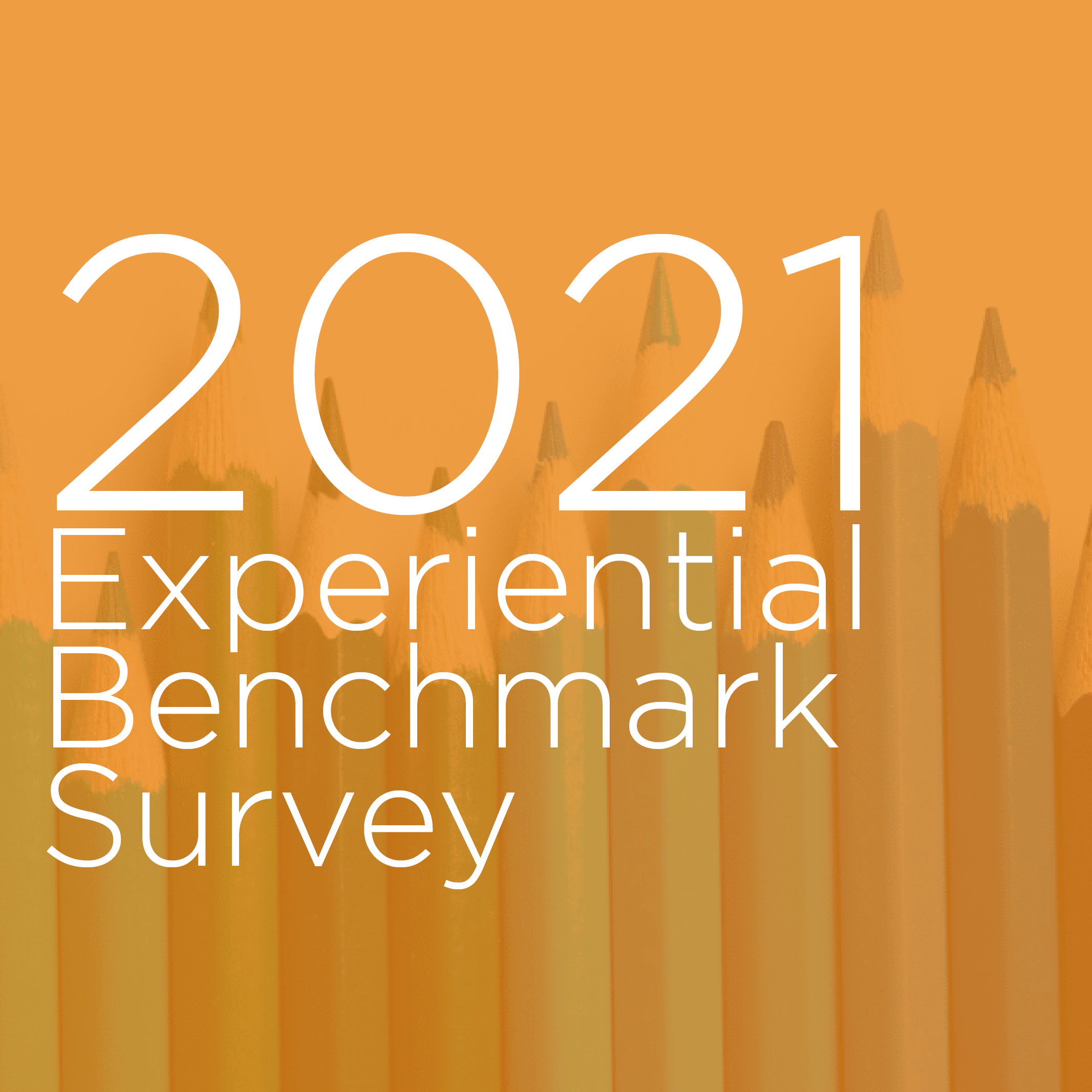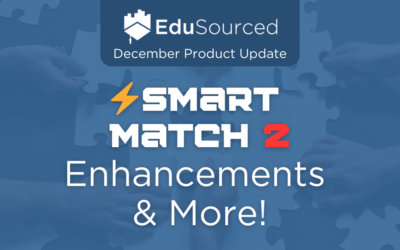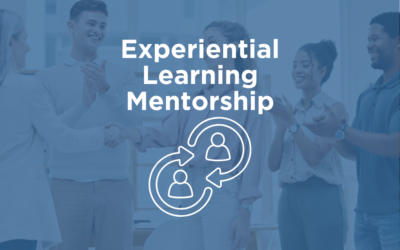Looking for the latest Experiential Learning Benchmark report? Click here.
The 2020-2021 academic year had a lot of plans put on hold in Higher Education. Experiential learning programs were no exception. Our 2021 Experiential Learning benchmark report show less change year over year than the we have seen in prior years yet experiential remains a top priority for student career readiness. 83 participants contributed to this dataset.
📈 Key Trends in Experiential Learning:
Project clients in light of COVID-19
Live client engagement did dip, likely due to increased difficulty in getting employer commitments amid COVID-19. The difference year over year was small however, with 90% (down from 96%) of programs surveyed involving at least some live clients. Anecdotally, the consensus we are hearing is that, while some employers put project plans on hold in spring of 2020, over time they came back to PBL as an invaluable recruitment tool, especially while conventional internships have been reduced.
What do schools charge for experiential projects?
Each year’s experiential learning benchmark survey has asked about project fees. And each year, the fees charged by schools to employers for placement of projects has declined. 2021 saw a record 63% (up from 53% the previous year) of programs charging no fee for any experiential projects and, of the programs that do charge a fee, 59% were under $10,000 per project.
Historically, fees have inversely correlated with PBL curriculum requirements: as these courses are increasingly required for students, pressure increases on the school to scale project sourcing efforts, pushing many programs to drop their fee collection entirely. We believe this is a product of limited administrative capacity (processing payments, managing contracts) nearly as much as it is a function of supply and demand.
Notably, the multidisciplinary projects category bucked this trend: in 2021, multidisciplinary project requirements increased from 17% to 45% while the proportion of multidisciplinary programs assessing a fee also rose slightly.
Multidisciplinary experiential learning
Within the business and engineering disciplines, the number of programs with at least some intra-college multidisciplinary projects actually dropped from 77% in 2019-2020 to 68%. This modest drop comes after a significant increase back in 2019 to 2020, the first year our survey was conducted.
Director of experiential learning?
This was the first year we tracked ownership of experiential: does a school prioritize experiential learning enough to invest in a dedicated staff? At most schools no one owns experiential learning , with 59% of schools having an “ad hoc” approach to experiential. We do expect this will change over time and we know directorships of experiential learning have been on the rise for two years straight, but, for now, aside from ad hoc/no leadership, faculty are by far the most popular owners of experiential learning within a school at 29%.
While the question of who manages or owns experiential learning remains unsettled, the source for project intake has been remarkably stable year over year, suggesting this is the rare consistent trend or even established best practice. Faculty-referred projects and alumni remain the top sources and third-party sourcing remains the least common source of project intake with schools choosing to manage their own project intake instead.
Final thoughts
The importance of project-based learning with industry partners remains at an all time high, with the vast bulk of survey participants rating it highly helpful in student career readiness. For the full results, refer to the slides above. For a complete year over year comparison, click here for the 2020 survey results.




